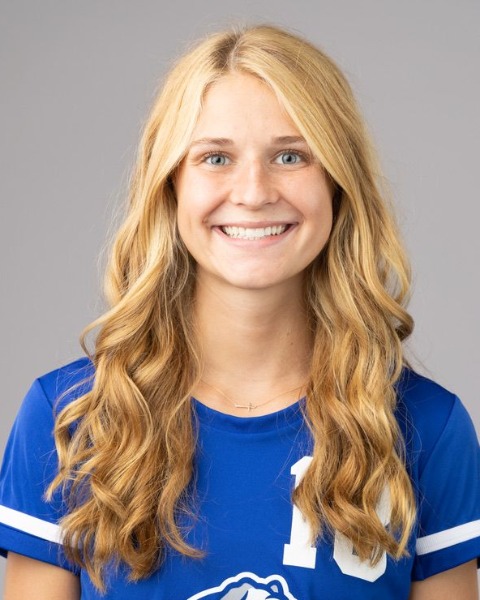A Case of Adult Multisystem Inflammation Syndrome Following COVID-19 Vaccine
-

-
.jpg)
Nika Zorko Garbajs, MD
Visiting Research Fellow
Mayo Clinic
RochesterDisclosure information not submitted.
-

Juan Pablo Domecq Garces, MD
Assistant Professor of Medicine
Mayo Clinic College of Medicine
North Mankato, Minnesota, United StatesDisclosure information not submitted.
-
AT
-
VB
Vikas Bansal, MPH, MBBS
Research Fellow
Mayo Clinic
Rochester, MinnesotaDisclosure information not submitted.
-
SD
Subhraleena Das, MD
Consultant in Critical Care Medicine
Mayo Clinic Health system
Mankato, Minnesota, United StatesDisclosure information not submitted.
-
MM
Maureen Muigai, PA-C
Physician Assistant
Mayo Clinic Health system
Mankato, Minnesota, United StatesDisclosure information not submitted.
-
RB
Robert Boisseau, CNP
Physician Assistant
Mayo Clinic Health system
Mankato, Minnesota, United StatesDisclosure information not submitted.
-
SK
Syed Anjum Khan, MD
Assistant Professor of Medicine
Mayo Clinic College of Medicine, United StatesDisclosure information not submitted.
-
OG
Ognjen Gajic, MD
Professor
Mayo Clinic
Rochester, Minnesota, United StatesDisclosure information not submitted.
-
NJ
Nitesh Jain, MBBS
Assistant Professor of Medicine
Mayo Clinic College of Medicine, United StatesDisclosure information not submitted.
First Author(s)
Co-Author(s)
Title: A Case of Adult Multisystem Inflammation Syndrome (MIS) Following COVID-19 Vaccine
Case Report Body:
Introduction: Multisystem inflammation syndrome (MIS) is a condition characterized by fever, multi organ dysfunction, elevated inflammatory markers and temporally associated with COVID-19 infection. A disease of children, and young adults, it has recently been associated with COVID-19 vaccination. We describe one such case in an older individual who developed MIS after mRNA Vaccine.
Description: A 58-year-old male with obesity and hypertension presented with a seven-day history of headache, nausea, myalgias and one day of fever, chills, sweats, and diarrhea following the second dose of COVID-19 mRNA vaccine. He was anxious, encephalopathic and had an erythematous blanching rash on his back. He had elevated CRP, ferritin, troponin, bilirubin, AST, ALT, mild splenomegaly, pancytopenia, and acute kidney injury. He required intubation for encephalopathy and developed post sedation hypotension. His comprehensive workup was negative for infectious etiology and vasculitis. His skin rash was thought to be nonspecific and biopsy wasn’t performed. Blood smear didn’t reveal schistocytes. Nucleocapsid antibody for COVID-19 was positive suggestive of past infection, while PCR test was negative.
Thoracic CTA ruled out pulmonary embolism with no pulmonary infiltrates; Type 2 NSTEMI was diagnosed after coronary angiogram showed no stenosis or aneurysm. Biliary obstruction and liver disease were excluded by MRCP and serology. Renal biopsy showed acute interstitial nephritis likely from NSAID use and acute tubular necrosis (ATN). Renal function improved after a prednisone course. Brain imaging and CSF examination were unremarkable. Post extubation, his persistent encephalopathy is slowly improving.
After ruling out all potential differential diagnosis including infectious, vasculitis, thrombotic, and immune etiology, a diagnosis of MIS secondary to mRNA Covid-19 vaccination was made and reported to the CDC.
Discussion: To our knowledge this is the first post mRNA vaccination MIS described in true adults aged beyond 40 years. MIS has been described with use of both, whole inactivated and mRNA vaccines. It is unclear that this post vaccination MIS is the same as post SARS-COV-2 MIS-A and MIS-C. Future research into the potential pathophysiological mechanisms are important as the vaccine is now universally recommended.
